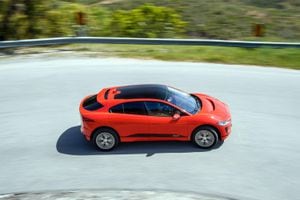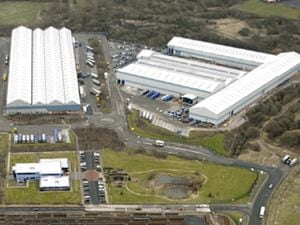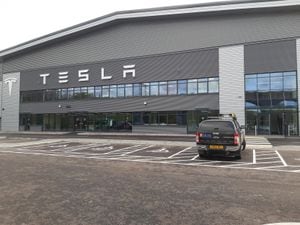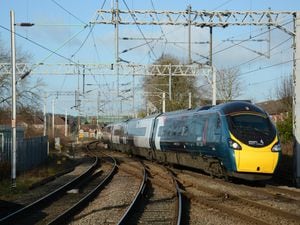New cars, engines and £20bn investment over coming years from Jaguar Land Rover
Jaguar Land Rover bosses have unveiled plans to spend around £20 billion over the next five years, launching new cars and increasing the range of engines made at its factory in Wolverhampton.

The strategy is aimed at reversing a slowdown in sales of Jaguars and Land Rovers over recent months, hit by worries over diesels and the impact of Brexit.
At a meeting in London with nine senior executives from Jaguar Land Rover and its Indian Tata Motors parent company, investors were told the new all-electric i-Pace will be followed by another three new cars between now and 2023, including an all new replacement for the 70-year-old Land Rover Defender.
And there will be new engines made at its plants in Wolverhampton and in China, with three cylinder and six cylinder versions of its existing four-cylinder Ingenium 2.0-litre diesel and petrol engines. And the company has stressed how clean its diesels are, saying they already meet new Real Driving Emissions standards.
The company has invested £1 billion in its engine plant on the i54 site in Wolverhampton, where around 1,600 people work. It has doubled the factory in size to 2 million sq ft but has kept its plans for the new extension under wraps.
But the documents produced for the investors' day suggests it will be for the manufacture of the new three and six cylinder power plants.
While all Jaguar and Land Rover models will come with an electric variant by 2020, diesel and petrol versions will still be made, including those used as hybrids.
Despite the launch of the E-Pace, i-Pace, Range Rover Velar and new Range Rover and Range Rover Sports, sales only rose 1.7 per cent last year.
JLR admitted: "Sales and revenue did not grow as much as we planned with diesel uncertainty impacting the UK and European markets, exacerbated in the UK by Brexit and cyclical weakness
"Margins and profitability were well below our internal targets and as a result cashflow was negative after investment spending."
But there will be no slowdown on spending, as it launches three more new cars and scores of new variants over the next five years. JLR says it will invest £4.5 billion a year from 2019 to 2021. After that investment will be 12-13 per cent of its revenue. On the basis of last year's £26bn figure, that is around £3bn a year and takes the total over the next five years to almost £20bn.
The company also said its plans for car production would be "more realistic", "recognising present market realities", while JLR aims to be a leader in electrification and other new technologies such as self-driving cars.
There would also be a drive for more cost efficiency and "tough but prudent choices made on investment plans to meet affordability criteria whilst remaining at the forefront of technologies".
It will also introduce a single new structure for all its cars, whether electric, hybrid, diesel or petrol, called Modular Longitudinal Architecture, that will be in use by 2025.





